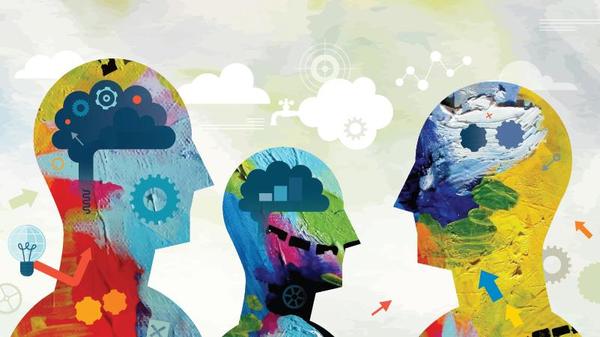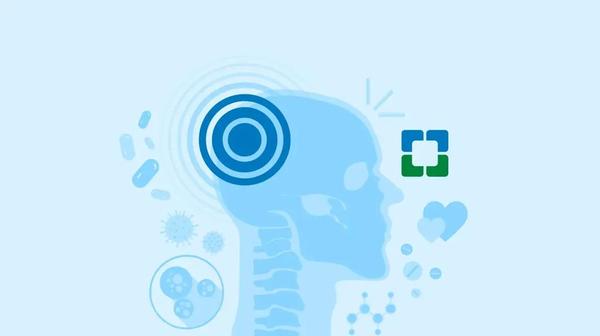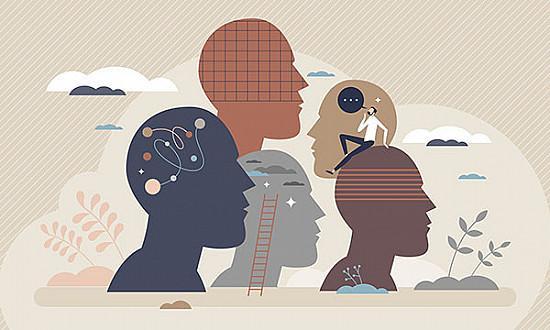
What Is Neurodiversity? - Child Mind Institute
Neurodiversity is a term that seems to be everywhere these days. And increasingly, kids and young adults are using it to describe themselves. But what does it mean to be neurodiverse, and where does the term come from? “Neurodiversity” is the concept that there is natural variation in how people’s brains work, with no single “correct” way, and that a wide range of perceptions and responses to the world should be accepted and encouraged, including those of children with ADHD, autism, and learning...






